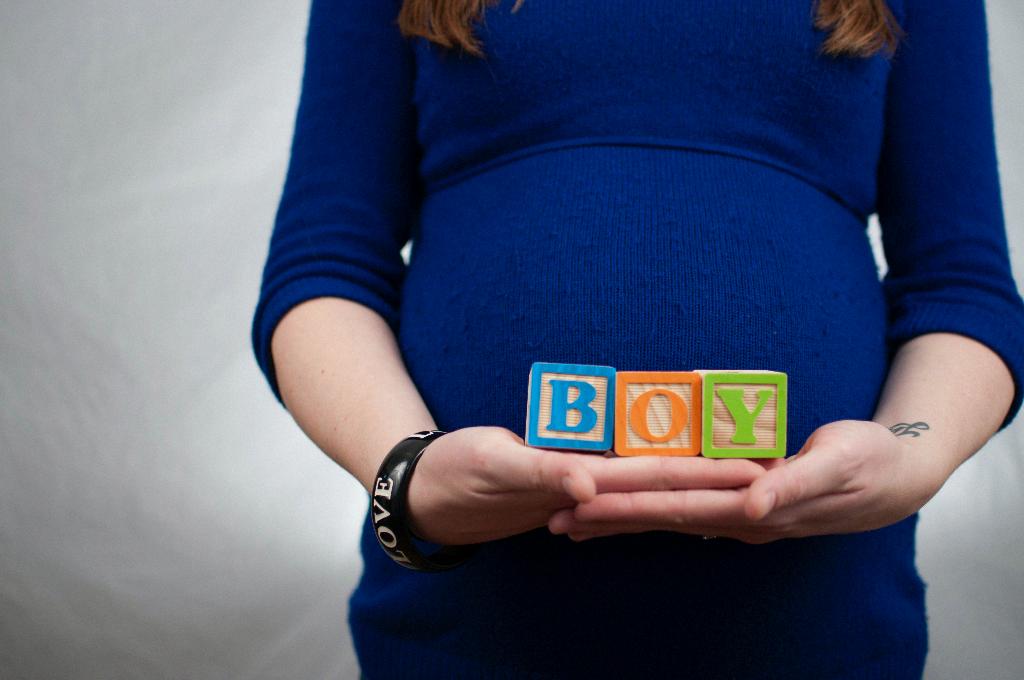After giving birth, many women wonder when they can expect their period to return. It’s a common question that varies for each individual. Factors such as breastfeeding, hormonal changes, and overall health play a significant role in the timing of postpartum menstruation.
First Period Postpartum
The first period after having a baby can occur as early as two weeks or as late as 12 weeks post-delivery. However, most women experience their first period between six to 12 weeks after giving birth. This timeframe is influenced by several key factors like breastfeeding habits and the body’s natural hormone levels.
Impact of Breastfeeding
For women who exclusively breastfeed their babies, the return of menstruation is often delayed. Breastfeeding triggers the release of a hormone called prolactin, which suppresses ovulation. As a result, the absence of ovulation can delay the onset of the menstrual cycle until breastfeeding frequency decreases or solid foods are introduced.
Exclusive Breastfeeding and Menstruation
Women who exclusively breastfeed without supplementing with formula or other liquids tend to experience a longer delay in the return of their period. The frequent nursing sessions and the natural production of prolactin during breastfeeding create a hormonal environment that can postpone ovulation and subsequent menstruation.
Introduction of Solids and Menstrual Return
As babies grow and start eating solid foods in addition to breastfeeding, the demand for breast milk typically decreases. This shift in feeding patterns can lead to a reduction in prolactin levels, eventually allowing ovulation to resume. Consequently, the return of menstruation becomes more likely as breastfeeding becomes less exclusive.
Variances in Postpartum Menstruation
While the six to 12-week timeframe is common for many women, there are exceptions to this norm. Some individuals may experience a return of menstruation earlier or later due to unique hormonal balances, genetic factors, or additional postpartum considerations such as stress levels and overall health.
Physical and Emotional Recovery Post-Birth
Recovering from childbirth involves a significant amount of physical healing and adjustment. The body undergoes various changes during this time, and the return of menstruation signifies a step towards normalcy in the postpartum journey. Moreover, the emotional aspects of dealing with menstrual cycles after pregnancy also play a crucial role in the overall experience.
Medical Consultation and Monitoring
It is essential for women to maintain regular communication with their healthcare providers postpartum. Consulting with a medical professional about any concerns regarding the menstrual cycle, especially if there are irregularities or unexpected changes, can provide valuable insights and support during this transitional period.
Family Planning and Menstrual Patterns
Understanding the timing of your period after giving birth is crucial for family planning purposes. Tracking menstrual patterns postpartum can aid in determining fertility levels and assessing the potential for conception. Utilizing this information effectively can empower individuals in making informed decisions about future pregnancies.
Physical Signs and Symptoms of Menstrual Return
The return of menstruation after having a baby may be accompanied by various physical symptoms such as cramping, bloating, and changes in menstrual flow. Recognizing these signs and understanding the body’s adjustments can help women navigate this phase with greater awareness and self-care.
Postpartum Hormonal Shifts and Menstrual Regulation
The hormonal fluctuations that occur during postpartum are instrumental in regulating the menstrual cycle. As the body rebalances its hormone levels and readjusts to pre-pregnancy conditions, the menstrual cycle typically stabilizes. This transition period reflects the body’s remarkable ability to adapt and restore normal physiological functions.
Embracing the Postpartum Journey
Each woman’s postpartum experience is unique and remarkable in its own right. The return of menstruation after having a baby signifies a pivotal moment in the post-birth journey, highlighting the body’s resilience and capacity for change. Embracing this phase with acceptance, self-care, and support can foster a deeper connection with one’s body and overall well-being.

